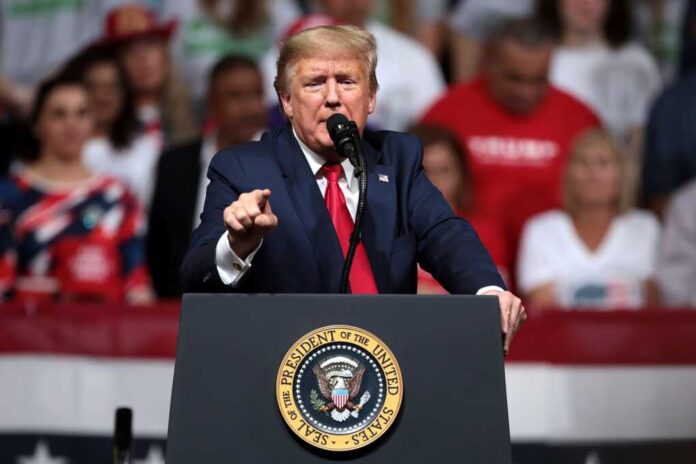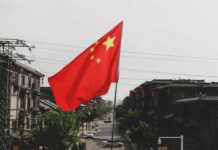
(PartiallyPolitics.com) – Former President Trump and Hunter Biden, though facing different legal challenges, are both employing a similar defense strategy in their respective cases: they claim they are being unfairly targeted through selective and vindictive prosecution.
Trump is dealing with charges related to his actions to remain in power after the 2020 election loss, while Biden faces allegations related to a firearms purchase and not disclosing his drug use.
Both men argue that they are victims of targeted legal actions. Trump maintains that his prosecution is a deliberate attempt to hamper his political aspirations, especially as he considers another presidential run. Biden’s defense revolves around the assertion that Special Counsel David Weiss succumbed to political pressure from House Republicans, leading to escalated charges after a previous plea deal collapsed.
Legal experts, however, view such motions as a long shot. Attorney Jeff Robbins, with experience as both a federal prosecutor and a Senate investigative counsel, explains that the standard legal presumption affords prosecutors broad discretion in deciding who to charge. Overturning this presumption is a challenging task for defendants.
Biden’s legal team acknowledges the rarity of success in such motions, given the difficulty in proving prosecutorial intent. They argue, however, that the high-profile nature of Biden’s case provides substantial evidence of political bias influencing the prosecution.
Trump has similarly claimed prosecutorial bias in other cases but has so far only filed this motion in his election interference case. He also argues for immunity from prosecution as a former president.
Selective prosecution claims typically focus on allegations of being unfairly targeted, often on the basis of race, religion, or speech. Vindictive prosecution, on the other hand, requires proving that the government is retaliating against a defendant for exercising a constitutional right.
Mary McCord, a former Justice Department official, notes that vindictive prosecution claims must demonstrate retaliation, such as increased charge severity. This argument might be challenging for Trump, given the context of his prosecution compared to other January 6 riot-related charges.
Despite the rarity of success with such motions, there has been a notable case where defendants, anti-abortion activists, won an initial victory by arguing viewpoint discrimination in enforcement of public property defacement laws.
For Trump, further discovery in a selective prosecution motion might not be advantageous, as McCord suggests there is no one “similarly situated” to him. In Biden’s case, it remains to be seen if he will employ similar arguments in his pending tax case.
Prosecutors in Trump’s case have firmly denied any improper targeting, dismissing comparisons to historical examples and maintaining that career prosecutors are not influenced by political considerations. They argue that Trump’s case does not parallel any historical precedents involving “deceitful and corrupt efforts to defeat a government function.”
Copyright 2024, PartiallyPolitics.com













